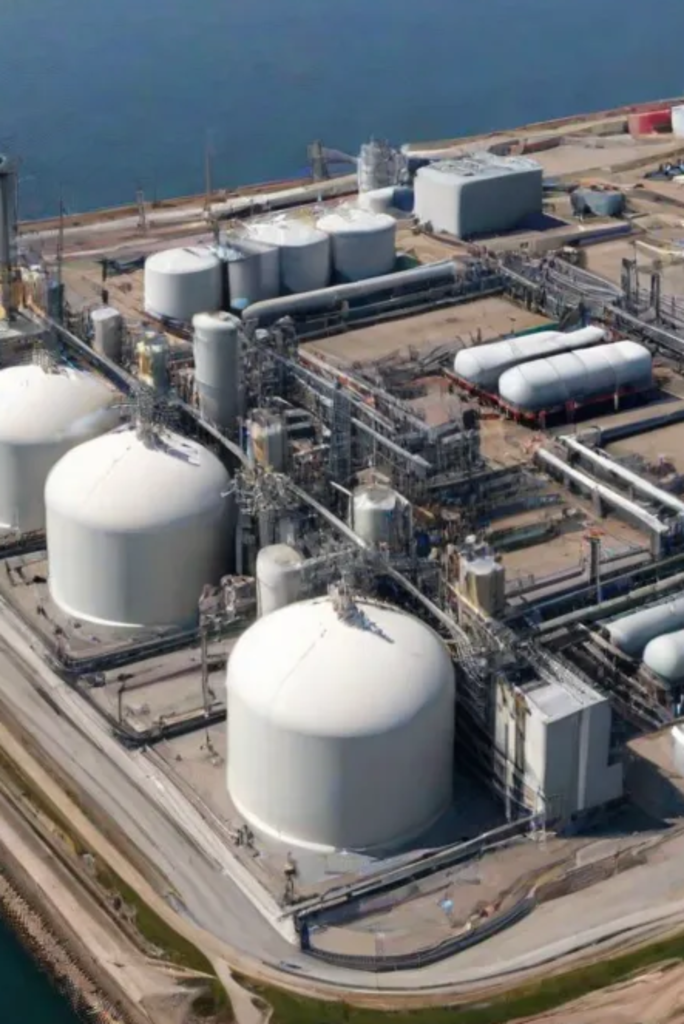Leading the way in LNG solutions
Welcome to Josh Oil and Gas, your trusted partner in the Liquefied Natural Gas (LNG) industry. With our expertise and commitment to excellence, we deliver innovative solutions that meet the growing energy demands of today and tomorrow.

Fueling the world with clean energy:
A detailed history of Josh Oil and Gas
Josh Oil and Gas is a leading provider of Liquefied Natural Gas (LNG), committed to delivering clean and sustainable energy solutions to meet the growing global demand.
Driving the Future of Energy Solutions
With a commitment to excellence and sustainability, Josh Oil and Gas has achieved remarkable milestones in the industry. Our cutting-edge technology and dedicated team have enabled us to deliver high-quality liquefied natural gas (LNG) to meet the growing energy demands of the world. We take pride in our achievements and continue to push the boundaries of innovation.
Introduction to Liquefied Natural Gas (LNG)
Liquefied Natural Gas (LNG) is natural gas that has been cooled to a very low temperature, approximately -162°C (-260°F), at which point it becomes a liquid. This process significantly reduces the volume of the gas, making it easier and more efficient to store and transport over long distances. LNG plays a critical role in the global energy market, providing a cleaner alternative to traditional fossil fuels and facilitating the delivery of natural gas to regions without pipeline infrastructure.
LNG is essentially natural gas in its liquid state. Natural gas is primarily composed of methane (CH4), with small amounts of other hydrocarbons like ethane, propane, and butane. When natural gas is cooled to -162°C, it condenses into a liquid, reducing its volume by about 600 times compared to its gaseous state. This transformation allows for efficient storage and transport in specially designed cryogenic tanks.
LNG is versatile and used across various sectors:
- Power Generation: LNG is used in power plants to generate electricity, offering a cleaner-burning alternative to coal and oil.
- Transportation: LNG is increasingly used as a fuel for heavy-duty vehicles, ships, and even trains due to its high energy density and lower emissions.
- Industrial Applications: LNG provides energy for industrial processes, including heating, and cooling, and as a feedstock for chemical production.
- Residential and Commercial: In regions without natural gas pipelines, LNG can be degasified and used for cooking, heating, and cooling in homes and commercial buildings.
- Environmental Benefits: LNG produces fewer emissions compared to coal and oil. It emits lower levels of carbon dioxide (CO2), nitrogen oxides (NOx), sulfur dioxide (SO2), and particulate matter, contributing to better air quality and reduced greenhouse gas emissions.
- Energy Efficiency: LNG has a high energy density, providing a large amount of energy in a relatively small volume. This makes it an efficient fuel for transportation and storage.
- Flexibility and Accessibility: LNG enables the transport of natural gas to regions without pipeline infrastructure, enhancing energy access and security.
- Economic Benefits: The global LNG market offers competitive pricing and supply diversity, helping to stabilize energy costs and reduce dependency on single sources of energy.
